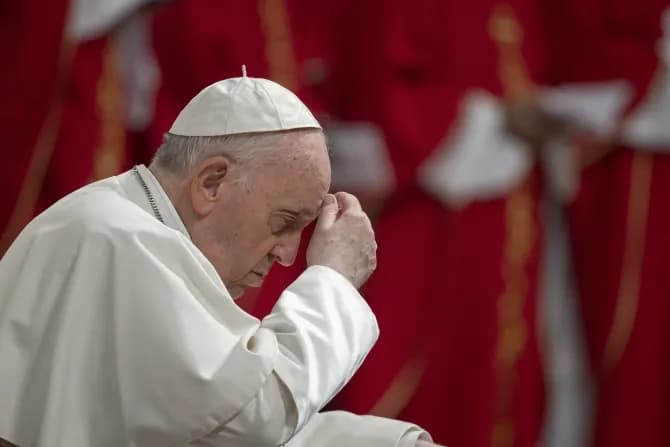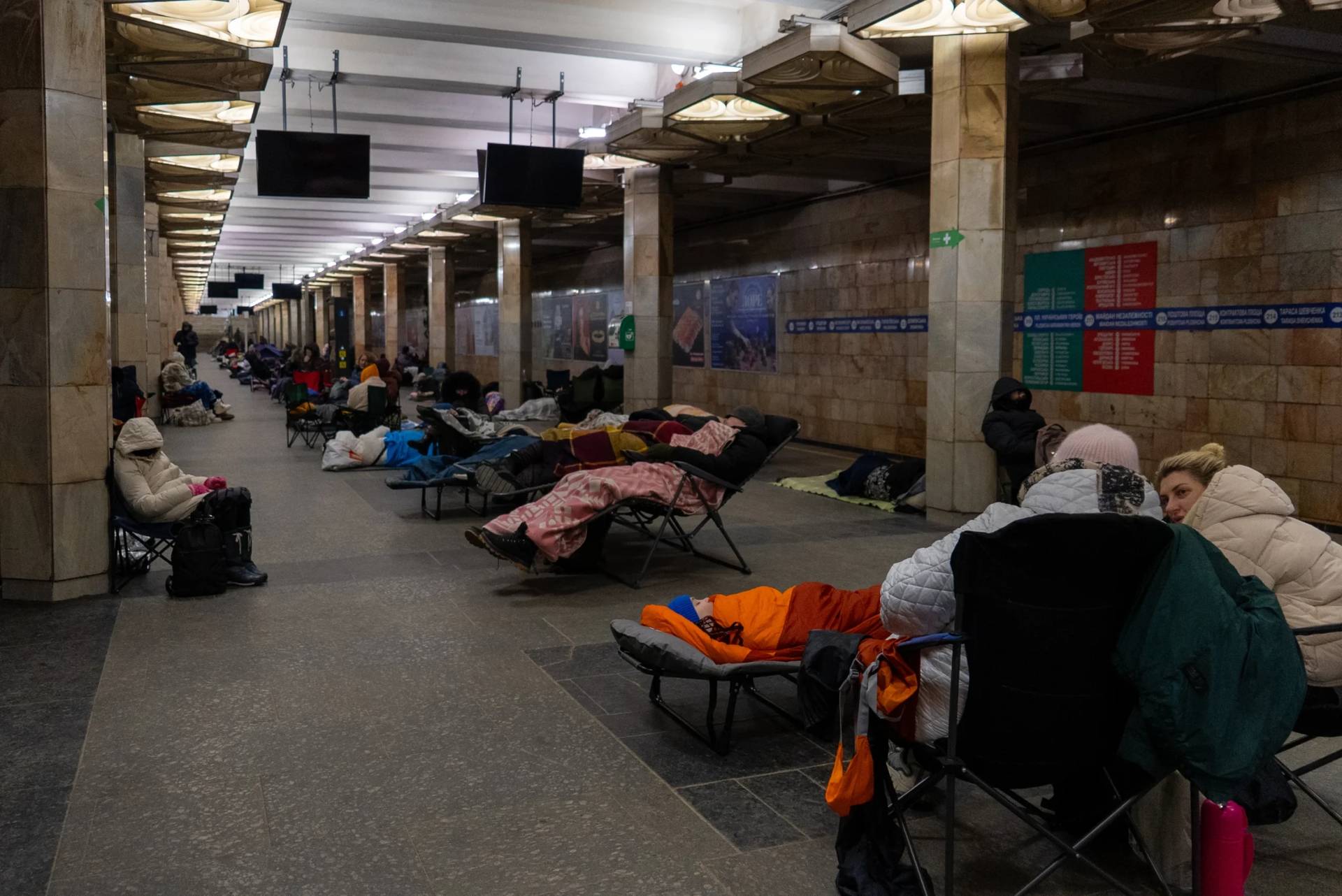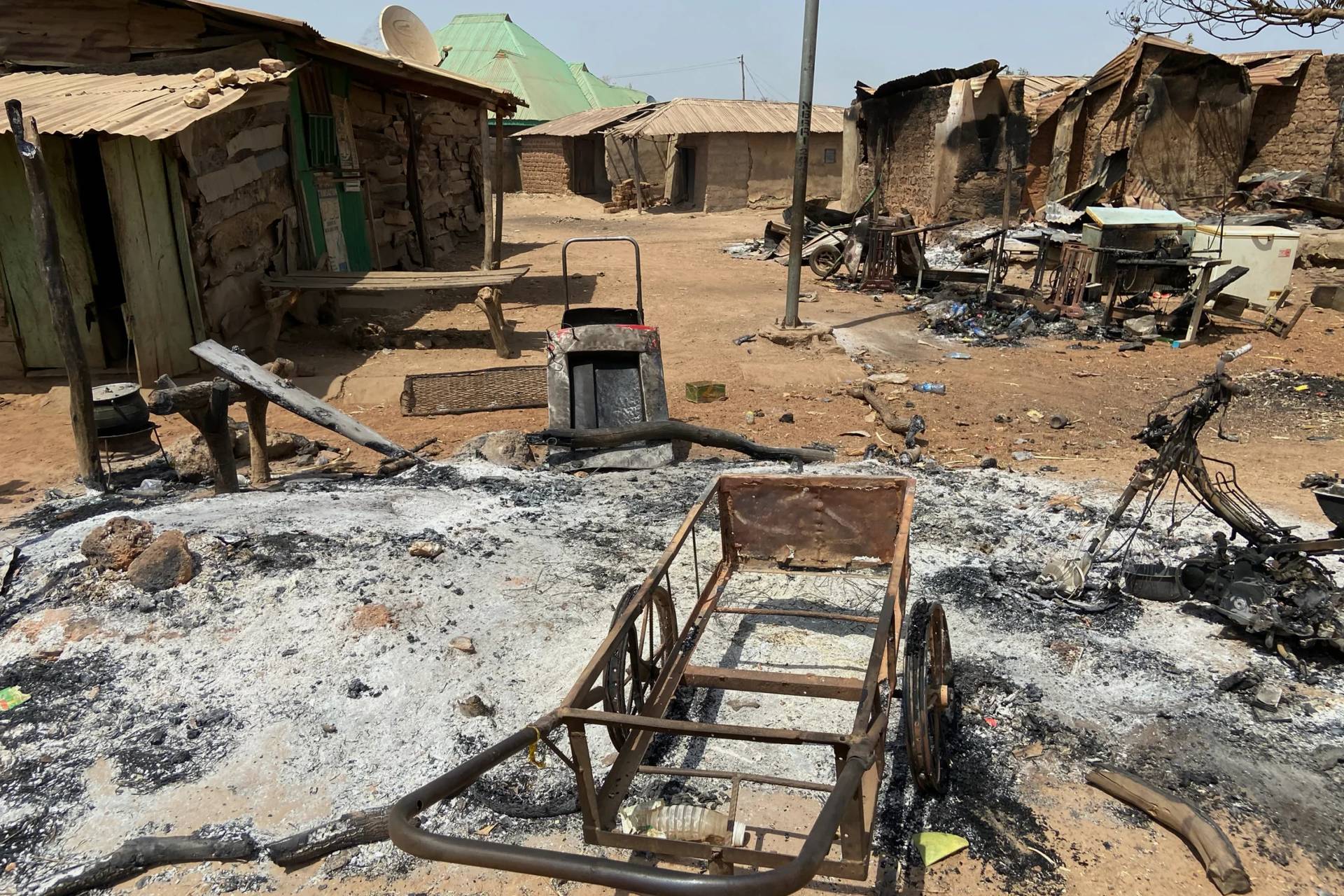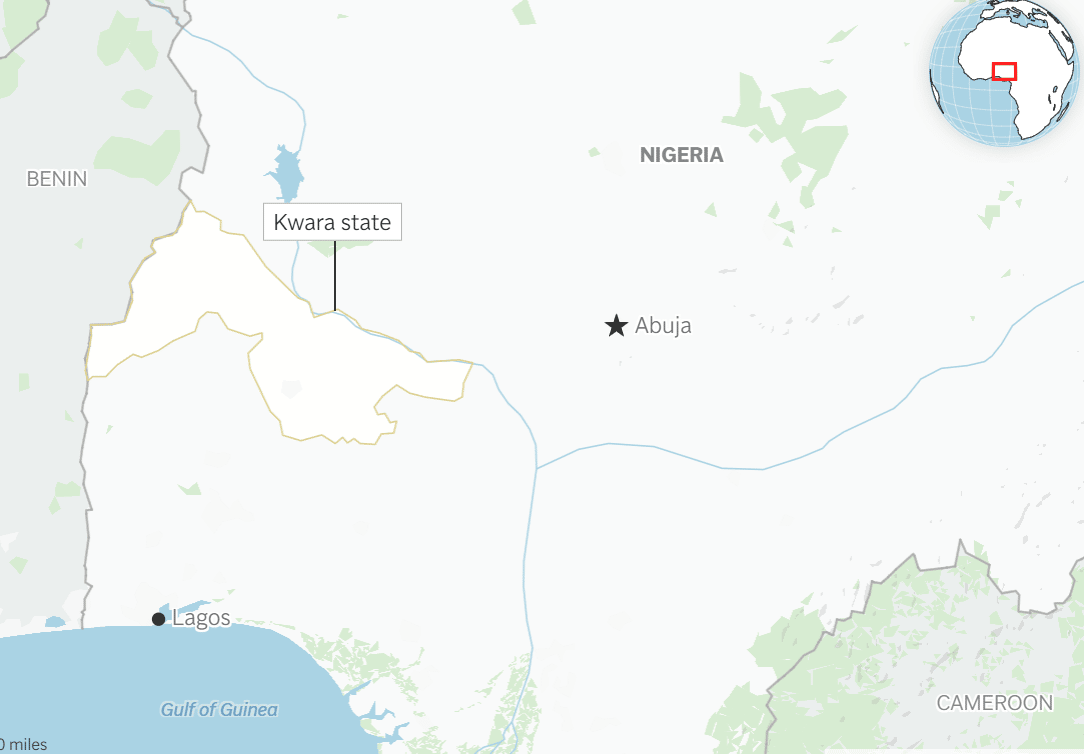ROME – After clearing his schedule Friday morning due to what the Vatican described as a fever, Pope Francis appeared to have rebounded quickly over the weekend, holding several meetings and giving an interview to Italy’s state broadcaster Saturday and then presiding over Pentecost Mass in St. Peter’s Basilica on Sunday.
Concern over the pontiff’s health has increased in recent months, following an unexpected hospital stay in late March for a respiratory infection, and given his ongoing knee troubles that have confined him to a wheelchair or the use of a cane for over a year.
The alarm was sounded Friday morning when the Vatican failed to send out the pope’s morning schedule as usual, as he typically holds several public and private audiences with individuals and groups during the week.
In response to reporters’ queries, Vatican spokesman Matteo Bruni on Friday said, “Due to a feverish state, Pope Francis did not hold any audiences this morning.”
However, Francis appeared to be back in action a day later, becoming the first pope to ever set foot in a television studio when he visited the Rome-based headquarters of Italian state broadcaster RAI to film an interview for their Sunday spirituality program, A Sua Immagine (“In His Image”).
Pope Francis was scheduled to film an interview for A Sua Imagine, a favorite program that he frequently references, before being admitted to Rome’s Gemelli hospital in March, but was unable due to his hospital stay.
The pope’s interview is expected to be aired June 4.
On Sunday, Francis presided over the Pentecost Mass in St. Peter’s Basilica as expected, leading the ceremony from a chair off to the side while Brazilian Cardinal João Braz de Aviz, head of the Vatican’s department for religious orders, celebrated at the altar.
During the Mass, which commemorates the descent of the Holy Spirit onto the disciples after Jesus’ resurrection and marks the official end of the church’s liturgical Easter season, the pontiff seemed tired but resilient, delivering his homily in a strong voice and going off the cuff at certain points — at one stage, urging believers not to be “stubborn about so-called doctrines” but to be open to the movements of the Spirit.
In his homily, the pope said the Holy Spirit’s primary task is to create harmony and promote unity among diversity at various levels: in the world generally, in the church, and in the lives of each individual.
From the very beginning, the Holy Spirit’s role has been to make “created realities pass from disorder to order, from dispersion to cohesion, from confusion to harmony. In a word, he gives harmony to the world,” Pope Francis said, saying the Holy Spirit renews the world, “not by changing reality, but rather by harmonizing it.”
Noting that global society is increasingly divided, Francis lamented that humanity is connected “yet find ourselves disconnected from one another, anesthetized by indifference and overwhelmed by solitude.”
The wars, conflicts and hostilities present throughout the world all have a common cause, and are fueled by “the spirit of division, the devil, whose very name means ‘divider,’” the pope said, saying the devil relishes violence and injustice, while the Holy Spirit “opposes the spirit of division because he is harmony, the Spirit of unity, the bringer of peace.”
Pointing to the Gospel passage when the Holy Spirit descends, Francis noted that the Holy Spirit did not come with a set of rules and regulations, but with gifts and charisms for each of the disciples.
“Such an abundance of differing gifts could generate confusion, but, as in creation, the Holy Spirit loves to create harmony out of diversity,” he said, saying, “The harmony of the Spirit is not a mandatory, uniform order.”
Thus, the church began “not from a precise and detailed plan, but from the shared experience of God’s love. That is how the Spirit creates harmony; he invites us to experience amazement at his love and at his gifts present in others,” he said.
Francis insisted that seeing others as brothers and sisters and as belonging to “the same body of which I am a member” is a reflection of the Holy Spirit and “is the path that he points out to us.”
To this end, he pointed to the ongoing Synod of Bishops on Synodality, a multi-stage process unfolding over four years, and which this fall will be marked by a lengthy gathering of bishops and other delegates in Rome.
Francis said the process is not intended to be a “parliament” where rights are demanded and claimed according to “the agenda of the world,” but is rather a process in which participants listen to and follow the guidance of the Holy Spirit, who he called “the driving force of evangelization.”
Without the Holy Spirit, he said, “the Church is lifeless, faith is mere doctrine, morality mere duty, pastoral work mere toil. With him, on the other hand, faith is life, the love of the Lord convinces us, and hope is reborn.”
He urged faithful to put the Holy Spirit at the center of their lives and of the synod process, noting that when the Holy Spirit came into the world, “he chose the time and place where all were gathered together.”
At the individual level, the Holy Spirit also harmonizes hearts, Pope Francis said, saying the spirit was sent “to forgive sins, to reconcile minds and to harmonize hearts wounded by evil, broken by hurts, led astray by feelings of guilt.”
“Only the Spirit restores harmony in the heart” by creating deeper intimacy with God, he said, adding, “If we want harmony let us seek him, not worldly substitutes.”
Francis closed his homily urging faithful to ask themselves whether they listen to the spirit or pursue their own plans, and whether they expend their efforts to foster unity and peace.
“If the world is divided, if the Church is polarized, if hearts are broken, let us not waste time in criticizing others and growing angry with one another; instead, let us invoke the Spirit,” he said.
Follow Elise Ann Allen on Twitter: @eliseannallen













